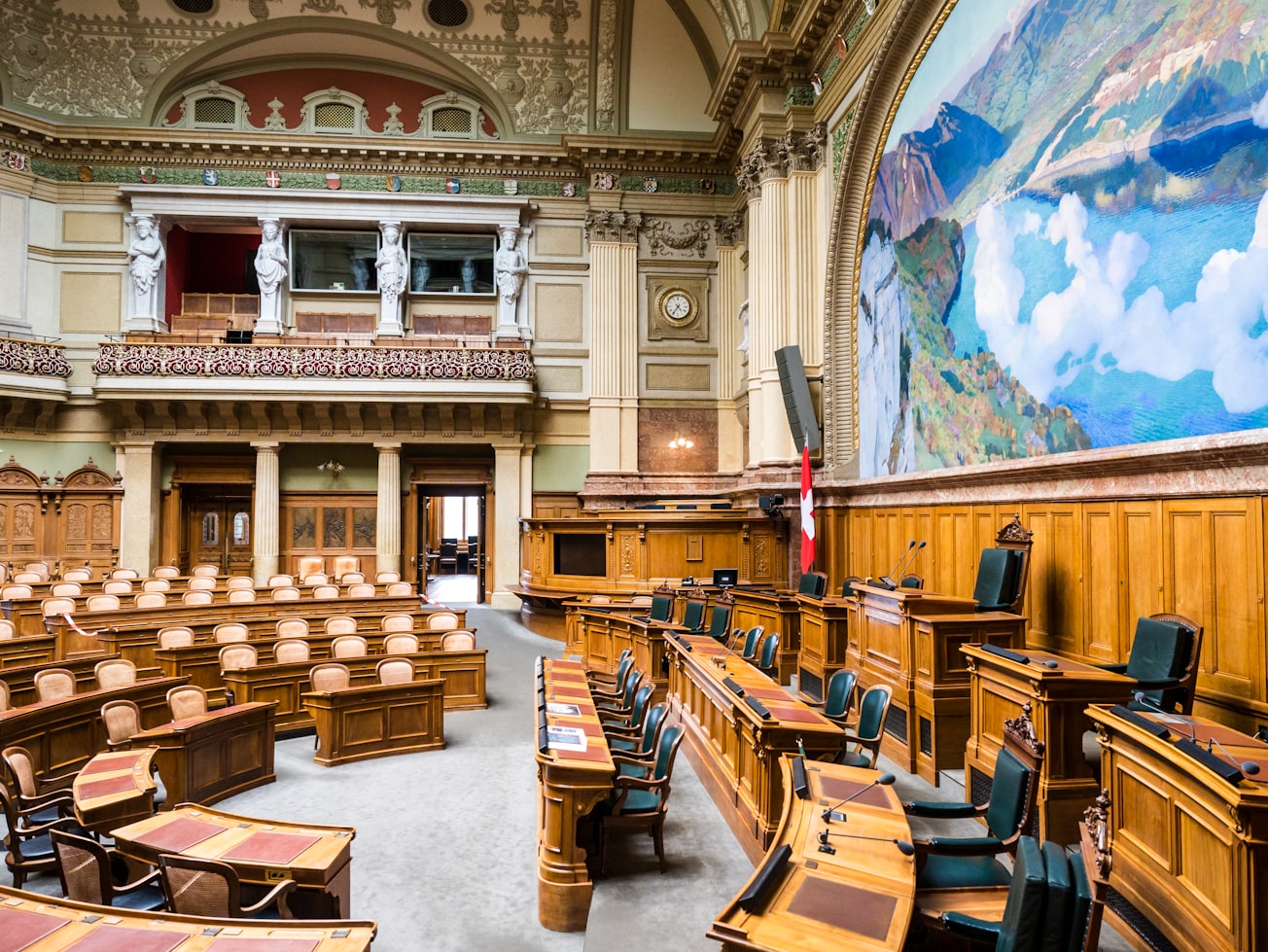What is it about?
People all around the world are suffering because of climate change caused by human activities. In this project, the scientists picked ten of the most important pieces of climate change research published in 2020. They covered a range of topics, from water shortages to mental health issues. Having read all the studies, the scientists then made recommendations for how governments should act on this research. This was part of a bigger project that happens every year, to help the United Nations act on research findings.
Featured Image

Photo by Hansjörg Keller on Unsplash
Why is it important?
In the last year, scientists have learned more about the earth’s sensitivity to carbon dioxide. They have realized that carbon dioxide is being released more quickly than expected from thawing permafrost (soil which has been permanently below freezing point). They have found that rainforests are beginning to soak up less carbon dioxide. KEY TAKEAWAY: The more carbon dioxide there is in our atmosphere, the faster the earth heats up. This causes environmental changes that can be bad for human health. Carbon dioxide emissions are increasing, and nature’s own solutions are becoming less effective. We must invest more heavily in reducing carbon emissions, and design better laws and business models to encourage this.
Read the Original
This page is a summary of: Ten new insights in climate science 2020 – a horizon scan, Global Sustainability, January 2021, Cambridge University Press,
DOI: 10.1017/sus.2021.2.
You can read the full text:
Resources
Eight Ways in Which the United States Can Realistically Become Carbon Neutral
Scientists have shown it is possible for the United States to cut its carbon emissions to zero – and this can be done at a cost of just $1 per person per day. Here’s the plan – now let’s put it into action.
How global warming in industrial areas spreads to developing countries
Industrial countries are causing global warming. Their high emissions raise temperatures locally. The high levels of carbon dioxide are then moved around in the atmosphere so that less developed areas suffer too.
What if our response to climate change was more like our response to COVID-19?
Both climate change and COVID-19 represent a growing trend: threats that affect everyone around the world, and where both the causes and the solutions a complex mix of political, economic, social and technological factors. These kinds of threats need strong governance at international, national and local levels. In the case of COVID-19, governments acted relatively quickly and firmly. This same kind of leadership is needed in tackling the challenges of climate change.
Global Warming and the ‘Polarized’ North-South Debate
The North–South divide makes it harder to work together to tackle climate change. All countries need to feel they are equally represented, and that goals are fair for all, if we are to make progress together.
Climate Change Knowledge Cooperative
Explore the wider collection of climate change research summaries.
Contributors
The following have contributed to this page







